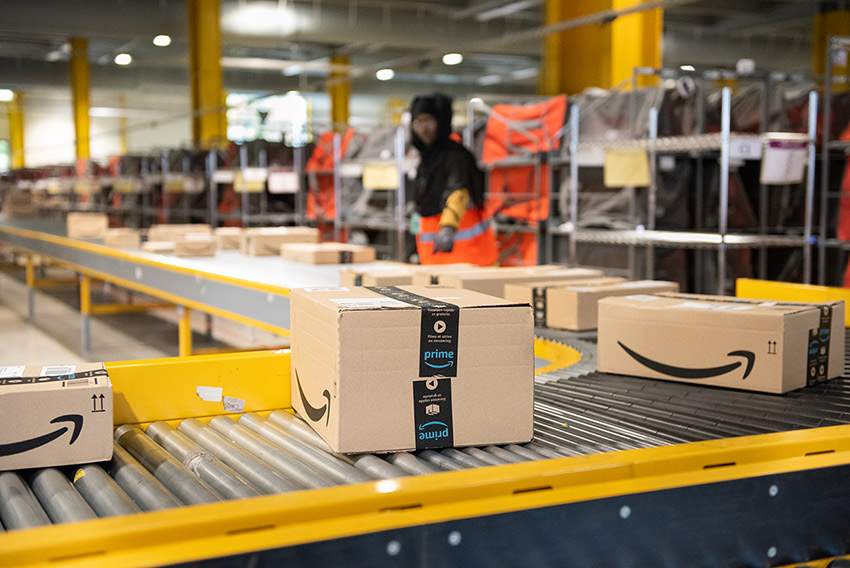Using sites like Amazon may be quite helpful for vendors starting into the e-commerce space. Convenience and efficiency provided by Amazon's Fulfilment by Amazon (FBA) service let vendors focus on their main business and outsource deliveries. But among the benefits include complex terms of service, especially with relation to fees and charges. Effective navigation of the FBA terrain depends on sellers knowing these phrases.

The basic concepts of Amazon FBA Charges
Let's break down the principles before delving into the value of understanding FBA fees and charges. Using Amazon's FBA service results in expenses for sellers ranging from storage to fulfillment to referral fees. Maintaining the infrastructure and services Amazon offers depends on these costs, which also greatly affect a seller's income if improperly controlled.
Responsibility
Transparency is one of the main factors why sellers have to understand the terms of service about FBA fees and charges. Amazon's complex pricing structure means that merchants can be startled by unanticipated costs without a strong knowledge base. Knowing these rules will help merchants guarantee openness in their financial interactions and hold Amazon responsible for any variances.
Improving Profitability
Knowing FBA charges and fees helps merchants to maximize their profits. Knowing the economic consequences of several choices, including keeping inventory long-term or fulfilling orders of large quantities, helps sellers decide which one would optimize their profits. Understanding referral fees also helps merchants to set competitive product prices considering Amazon's compensation.
Reducing Hazards
Ignorance of FVA fees and charges might expose merchants to overcharges and other hazards. Sometimes Amazon mistakes in computing fees or applying charges, which causes overcharges. Knowing the charge structure helps sellers to spot such variances and ask for quick repayments, therefore protecting their money and reputation. In situations involving Amazon FBA Overcharge fees reimbursements is very pertinent.
Managing Policy Variations
Periodically changing its terms of service, including charge policies, Amazon adapts to market changes and improves its offers. Those that keep current with these developments can modify their plans and stay competitive. Ignorance of revised policies might lead to non-compliance or lost chances for cost control, hence stressing the need of keeping informed.
Establishing Trust with Consumers
Clear pricing helps consumers to develop trust, therefore strengthening the seller's reputation and encouraging return business. Consumers are more inclined to buy and suggest the vendor to others when they see fairness in shipping charges and price. Understanding and following Amazon's charge regulations helps retailers to keep loyalty and confidence among their client base.
Getting Expert Direction
For novice sellers in particular, negotiating the complexity of FBA fees and duties may seem overwhelming. Joining seller communities or consulting experts will offer priceless insights and help. Amazon Seller Central and other sites provide tools and forums where vendors may trade expertise and ask questions about fees.
Conclusion
For sellers using Amazon's platform, knowing the terms of service on FBA fees and charges is absolutely essential. Understanding the nuances of Amazon's charge structure helps merchants negotiate the e-commerce terrain boldly and drive their companies toward success. Furthermore, keep in mind that keeping a good e-commerce business depends on being alert about any overcharges like Amazon FBA overcharge fees reimbursements.






